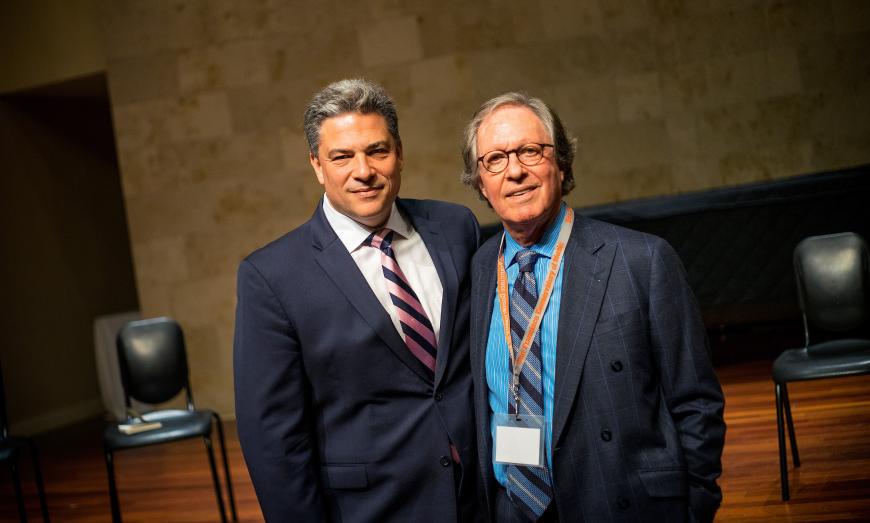
When Stephen Rubin considers his life and career, two passions emerge: words and music. Such is the title of the culture beat reporter-turned-publisher’s new memoir, Words and Music: Confessions of an Optimist.
Within the Bay Area’s classical music scene, Rubin is perhaps best known for his roles as a board member at the San Francisco Conservatory of Music and the founder of the Stephen and Cynthia Rubin Institute for Music Criticism, which helps publications (including this one) fund their music coverage and every other year hosts a boot camp for young music critics. The most recent one was held in June 2022 at SFCM and brought together a faculty panel of prominent critics, including The New York Times’ Zachary Woolfe and the San Francisco Chronicle’s Joshua Kosman.
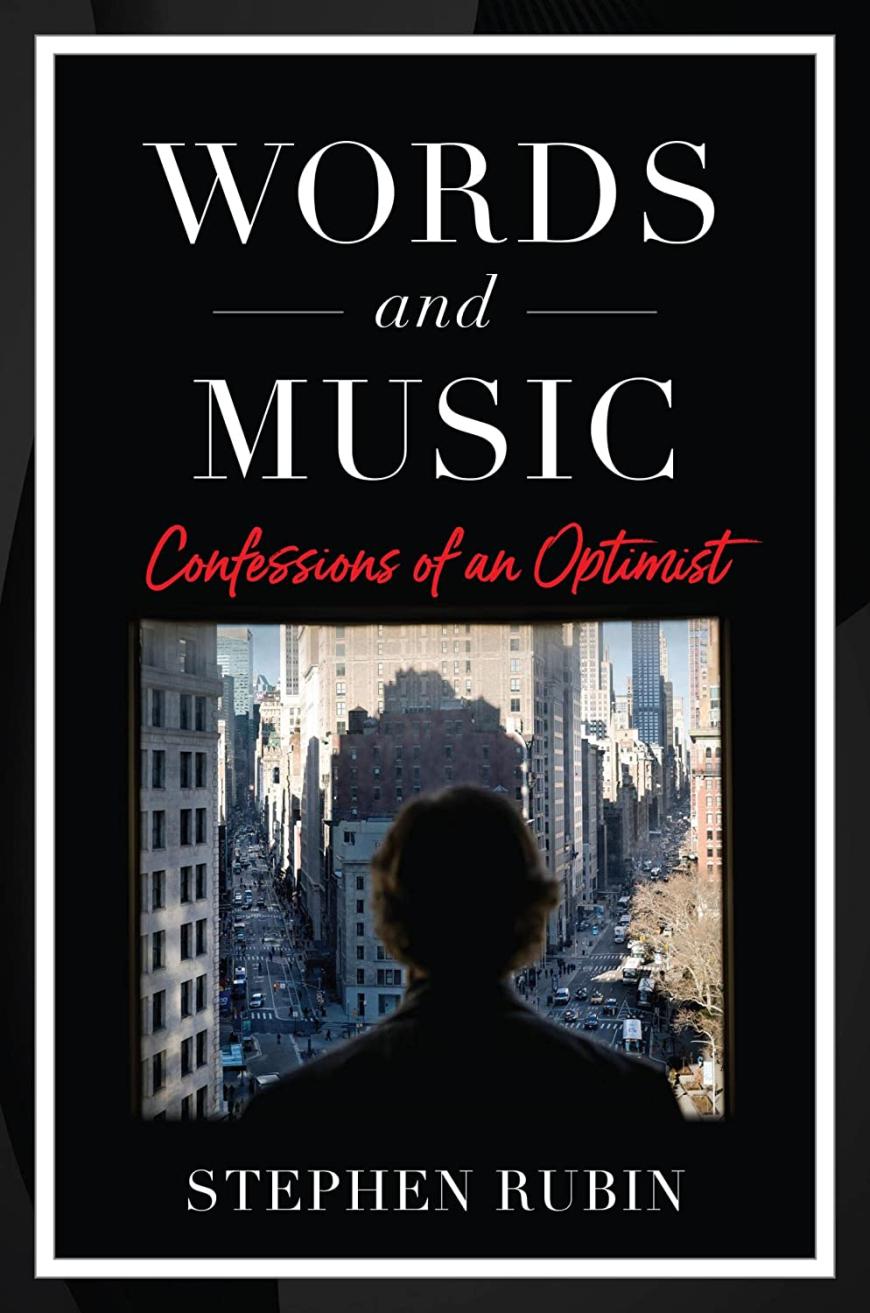
Rubin, a self-described troublemaker, has seldom shied from controversy, a trait that was apparent even from his days as an undergraduate at New York University. When he joined the college newspaper as a music reviewer, he had no qualms writing fiercely opinionated articles about his dislike for music by Claude Debussy, Jean Sibelius, Benjamin Britten, and Béla Bartók. His musical tastes have evolved since, and with the exception of Debussy, he now considers them “remarkable” composers.
Later on, when Rubin became a freelance writer, an estimated 90 percent of the celebrities he profiled took issue with his articles. A scathing profile of Pierre Boulez he wrote for The New York Times Magazine got him banned from the New York Philharmonic. (The ban was eventually lifted, though he does not remember exactly when.)
In 1984, Rubin departed from journalism and entered the publishing industry, where he’s stayed since. Ever a risk-taker, he prides himself on his ability to gamble on a previously unknown author and turn him or her into a household name: Asked to name a few works he’s proud to have published, he beamed, immediately rattling off titles including Dan Brown’s The Da Vinci Code, John Grisham’s The Firm, Mark Haddon’s The Curious Incident of the Dog in the Night-Time, David Grann’s The Lost City of Z, and Lauren Weisberger’s The Devil Wears Prada. Rubin, now 81, remains a consulting publisher at Simon & Schuster.
Rubin spoke with SF Classical Voice about his publishing career and music journalism and criticism. Also covered: the time he got the silent treatment from the Metropolitan Opera’s general manager and the other time when Donald Trump threatened to sue his company.
You began working on your memoir about a decade ago but stopped because your editors felt it read too much like an article, not a book. What made you decide to come back to it and to tell your story now?
I’m like a lion in winter now. If not now, when? I mean, if I were going to do it, now’s the time to do it. I surely have had tremendous success, as I’m still working, so I decided that now would be the perfect time if I could get it into the kind of shape that I thought my counselors asked for, and I did so. At least I hope I did.
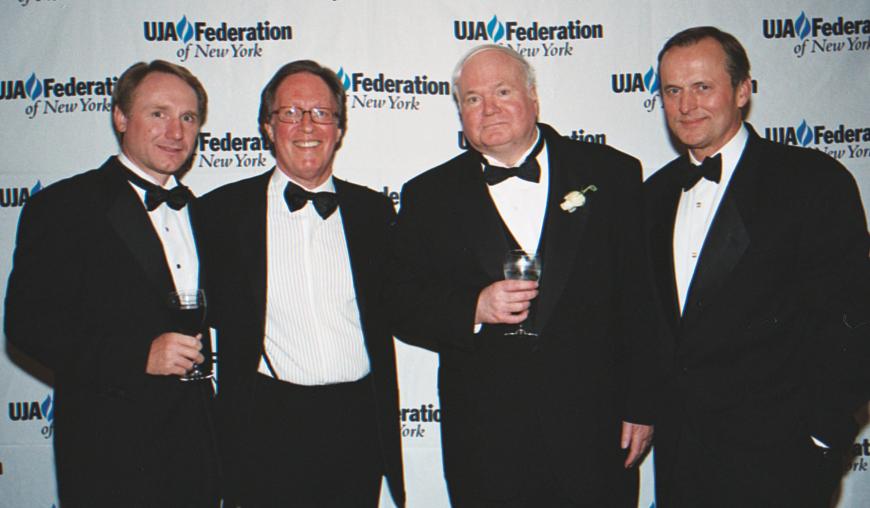
You spent more than a decade in journalism before switching over to publishing. Were there any moments where you second-guessed that choice?
Never. Not for a minute. I loved being a freelance writer, mostly writing for The New York Times about classical music. Because The New York Times has so much power, I was able to get anybody I wanted to talk to me and get them to talk to me as long as I wanted. I often asked for three or four hours, and I got it, so I absolutely adored doing that. I had a very, very demanding, tough editor, which is always good.
When I was approached to join Bantam Books, remember, I was still a journalist, and I was as shocked as anyone. And then when I accepted it, almost immediately, from the first day on, I couldn’t have been happier.
How do you define success as a publisher?
Well, book publishing is a business, so first and foremost, you hope and pray the book makes money. But you also hope and pray that it’s a book of endurance, a book that will have a whole long shelf life and will be on the bestseller list for weeks and weeks if it’s really good. That’s how I define it.
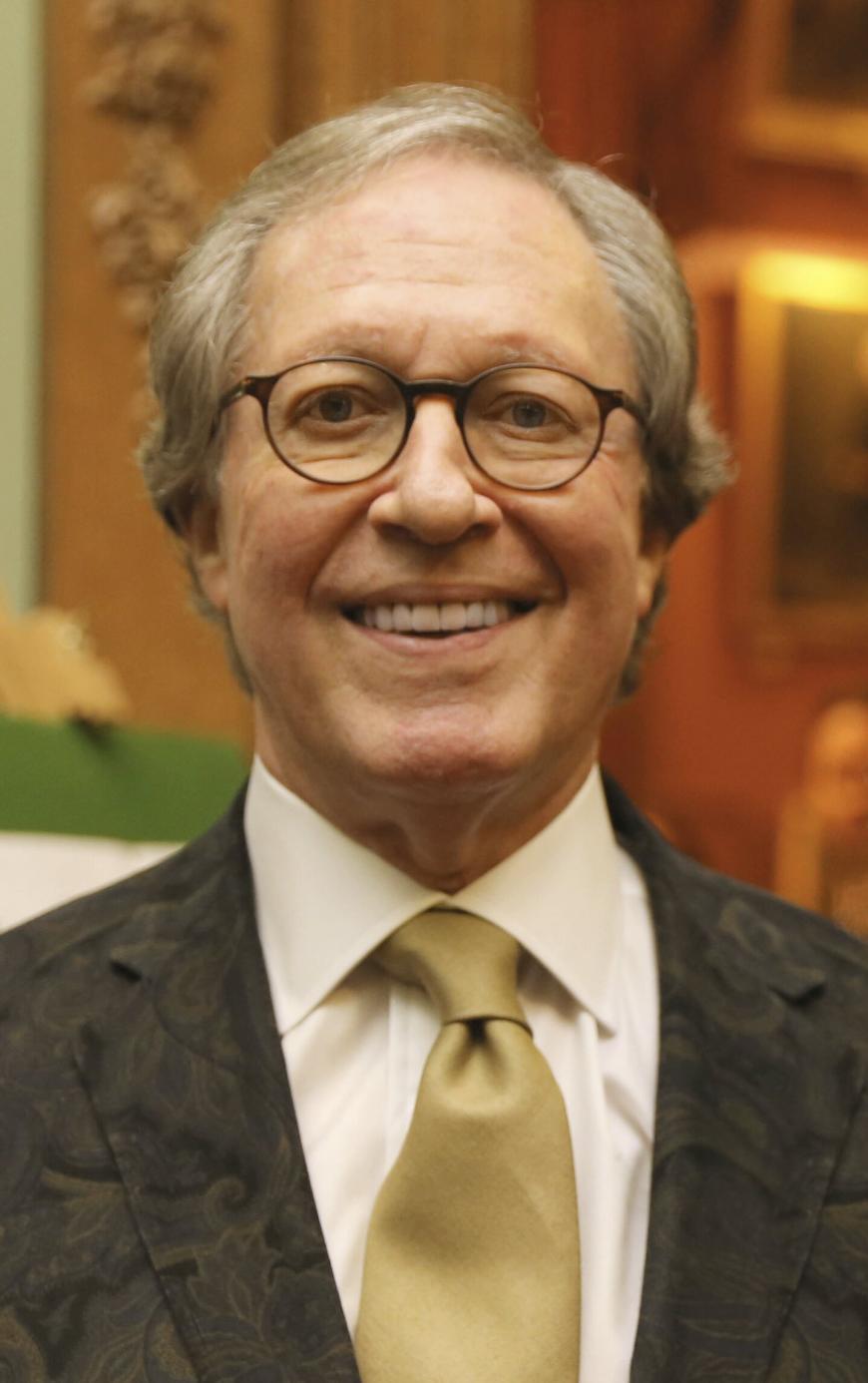
Has that ever angered anyone?
Oh yeah, it angered Donald Trump when I published Fire and Fury. Before it came out, he sued us, and we just ignored him completely. This book is going to, in fact I think it has, angered some people already. And that’s all right.
Who has your memoir angered?
Not going to tell you. It hasn’t come out yet. But it’s definitely angered some people. Yes, it’s a very outspoken, very honest book. I don’t think it’s a nasty book at all. But I’m not trying to, in any way, get back at people or even things out or anything. I’m just trying to tell the story of my career from my point of view.
Let me say more about the books. Fiction tends to, unless it’s very controversial, not anger people as much as nonfiction. Nonfiction is where people get angry. I published an earlier book with Michael Wolff and Rupert Murdoch, and I mean, Roger Ailes called me and screamed at me for half an hour. Nonfiction can tend to anger people, and I have never been frightened of any kind of controversy, so I don’t care. I mean, the best thing that ever happened to us was when Donald Trump sued us because we used it as publicity.
Would you say that fearlessness, or not being too concerned about angering people, is a necessary trait to work in publishing?
No, I don’t think so. You can be a very, very modest, middle-of-the-road person and publish really good books and go on and have a happy career. I just tend not to see it that way. When I was a journalist, a lot of my articles really made people crazy, and one person didn’t talk to me for 30 years afterward. It’s just a question of how your head is constructed. Mine is constructed as a bit of a troublemaker. And speaking of it, I don’t set out to do that. I’m just not frightened of doing it. It’s a big difference.
You’ve certainly angered a fair share of people during your time as a feature writer. Can you tell me about that time you were banned from the New York Phil?
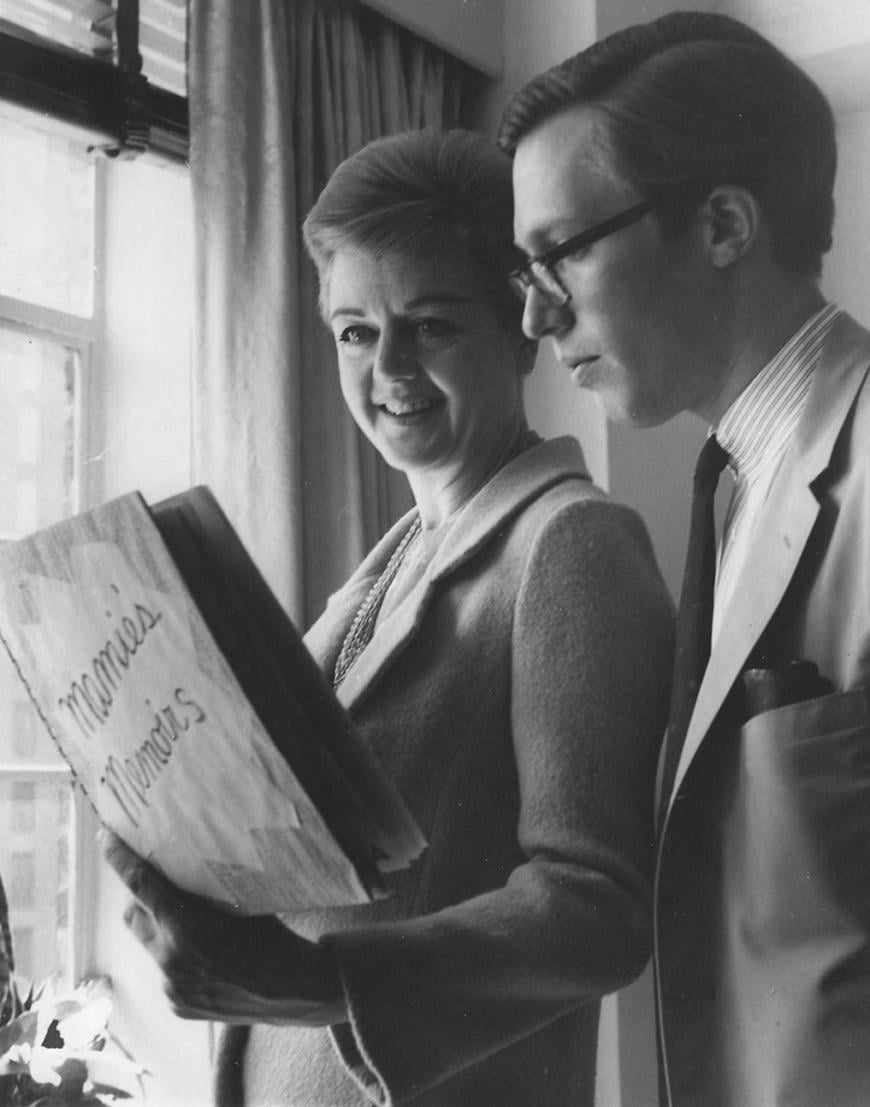
I did a piece on Pierre Boulez, who was then the music director of the New York Philharmonic. What I discovered was that the orchestra hated him, and because I’m a very good reporter, I just talked to all the orchestra members, and they all told me horrible things about Pierre Boulez. I never said anything horrible about Pierre Boulez — they did. So I wrote this very, very lively, negative article on Pierre Boulez, and then my editors put a headline on it that was the kiss of death. I didn’t write the headline. Journalists don’t write headlines, editors do. So the editors of The New York Times Magazine put the headline “The Iceberg Conducteth.” And that alone, you know, pissed off the New York Philharmonic.
Were there other incidents like that?
When I collected a lot of my pieces in a book called The New Met in Profile, I did an introduction, which was serialized in The New York Times. Schuyler Chapin, then the general manager of the Metropolitan Opera, didn’t talk to me after that either. Probably 90 percent of the artists I interviewed had a problem with my articles.
Your memoir starts and ends with music, but the middle, which covers the bulk of your publishing career, doesn’t really mention music all that much. What role did music play in your life throughout those years?
Of the two, words or music, music will always take pride of place. Music is my passion, and I’m just as passionate about music today as I was when I was a kid, maybe even more so because I know more. I go to the opera. I go to the symphony. I have classical radio stations on all day long. I have the world’s largest collection of CDs you can imagine, so it’s very much a part of my life, but it’s my personal life. It’s not my professional life.
Unfortunately, in publishing, it’s very hard to publish books about classical music that sell many copies. One of the great disappointments of my career as a publisher was that I didn’t buy Alex Ross’s book, The Rest Is Noise. It’s a classic, great work. The reason I didn’t buy it was because it was sold at auction and I felt it was just too much money. I was totally wrong.
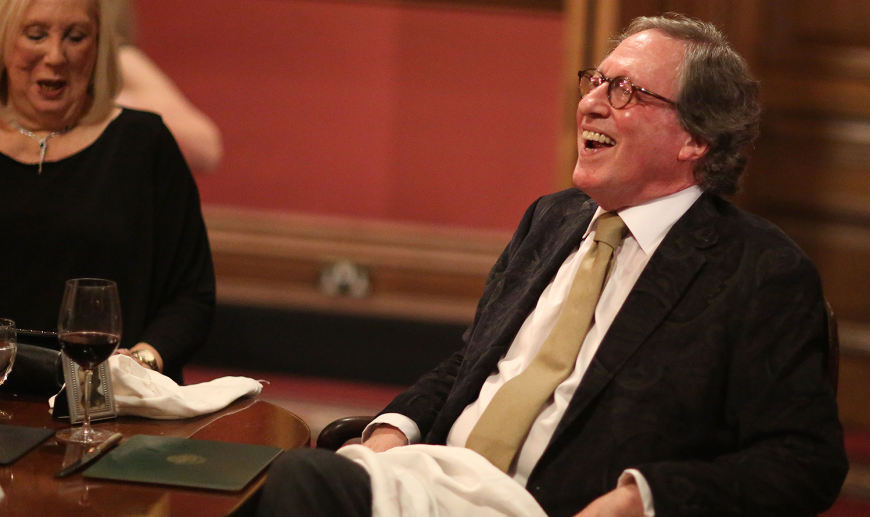
But other than that, unfortunately, the two don’t really connect. I’ve tried publishing classical music books. They just didn’t work. I published Beverly Sills’s second memoir, which didn’t sell anywhere near as well as the first memoir. I published what I thought was a really good biography of Benjamin Britten, and it didn’t sell a copy — that’s an exaggeration, obviously. You could say the tragedy of my life is that the two don’t coalesce.
Tell me the story of how the Rubin Institute for Music Criticism came to be.
I said to my late wife [Cynthia] one day, “Boy, the state of music criticism really is terrible now, don’t you think?” She said, “Absolutely,” because she was also in the business. I mentioned it to a couple of friends of mine, and I said, “I really would like to see if we can do something to train people to write about classical music in a much more lively and accessible way.”
A friend of mine said you should meet David Stull, who was then the president of the Conservatory at Oberlin. I met him, and he came into my office, and I explained to him what I wanted, which was completely amorphous and stupid.
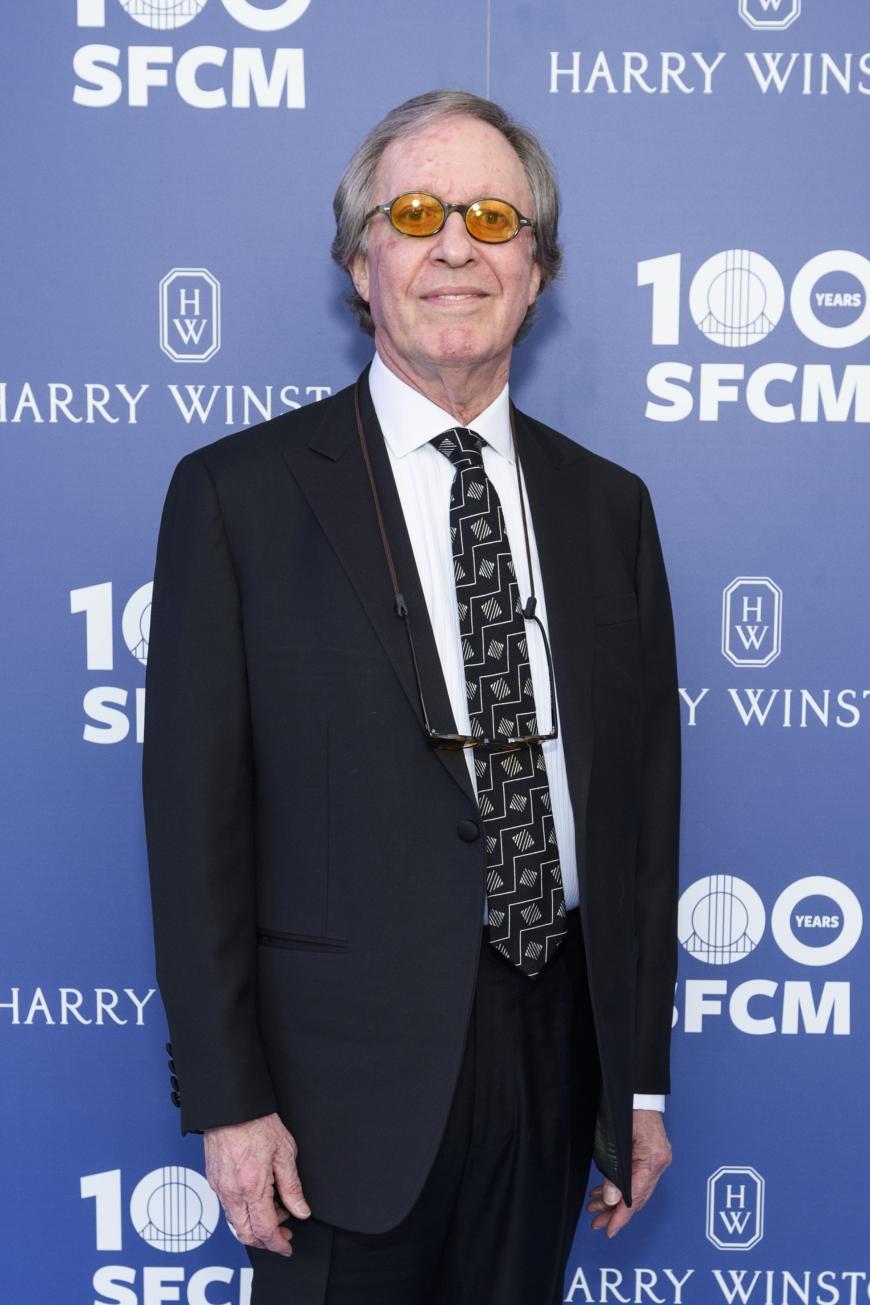
He immediately said, “Oh, I know what to do,” and he, right in front of me, transformed that idea into a clearer idea, and that’s how it was born. So we started at Oberlin, and then when David left to become the president of the San Francisco Conservatory, I said to the Oberlin people, who I loved — they were great — I said to them, “Look, I’m really sorry, but I couldn’t have done this without David, so I’m going with David.” And I did.
Then it really took off like crazy, particularly with the help of the Ann and Gordon Getty Foundation, which helps us pay freelance writers. A lot of newspapers, as I’m sure you know, are cutting back on their classical music coverage, and what we did was offer them an opportunity: We would pay 85 percent of a freelance writer’s or a staff writer’s — any writer’s — work. They had to pay 15 percent because we wanted them to have some skin in the game. We gave them opportunities to then publish [articles on] classical music, and I’m very proud to tell you that we were responsible for over 185 articles in one year on classical music. Without our participation in this — and again, great thanks to the Gettys — those newspapers wouldn’t have covered it. So that’s one piece of it.
Another piece of it is that every other year we have these sessions where we invite people to work with professional critics, and we have the best critics in the land. We were very, very picky about who we choose, and we choose these wonderful young writers, but they’re not writers, not all of them — they just want to try to be music critics. It’s a four- or five-day process, and by the end of it, every single one of them is a better writer. We make them write on deadline, we then criticize them, they criticize them, their colleagues criticize them, and they just get better and better and better — it’s just fabulous. It’s just the most fulfilling thing I think I’ve ever done.
What made you think music criticism needed saving?
I’m not going to tell you which critics are terrible, but let’s say a lot of critics on major publications I felt were second-rate. I wanted to see if I could do something to improve the level of criticism.
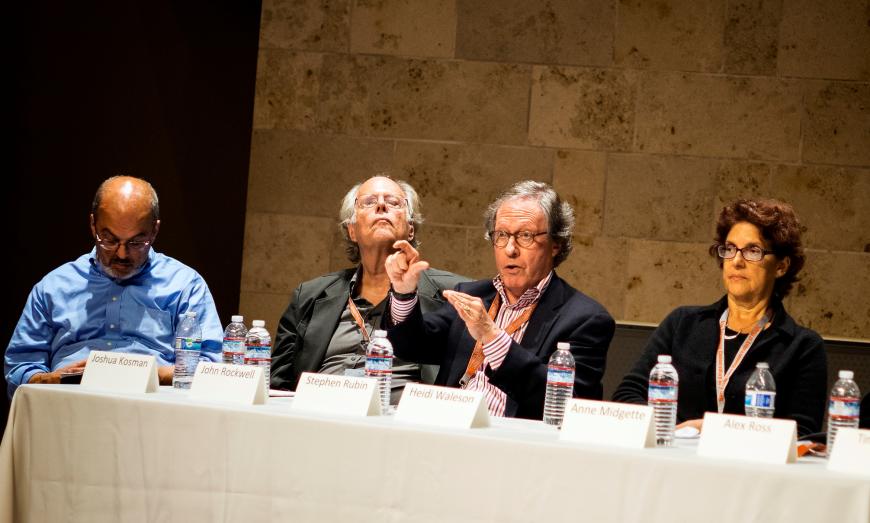
The Rubin Foundation has done two things. One, it really has improved the level of music writing with these tremendously talented young people. Two, it improved the coverage of classical music criticism in major newspapers. I’m not talking about little dinky newspapers. I’m talking about the San Francisco Chronicle or The Dallas Morning News or the Pittsburgh Post-Gazette. I’m talking about the Toronto Star or The Boston Globe, which was our first newspaper to do this. Those are important newspapers, and they were all hurting because they were told that they had to cut back on their classical music criticism. With the help of this foundation, they were able to publish much more broadly.
The most important thing in any writer’s work is not to be boring, and I think that a lot of them were boring. Some of them are academic, which is fine, but not for a newspaper. And I think that some of them have bad taste. That’s a very subjective thing. That’s what I felt. I just thought, “Ho hum, how dreary!”
Why is music criticism necessary?
It’s no different than film criticism or theater criticism. We’re a culture that expects all of our arts to be judged.
I think it’s very necessary, one, for the health of the culture. A great review can send you to the opera or send you to Barnes & Noble to buy a book or a venue, the theater, to see a wonderful play. And you might never do that without having [a great review]. Yes, they’ll advertise, but it’s not the same thing. The people need to know what’s going on, and that’s what criticism does.
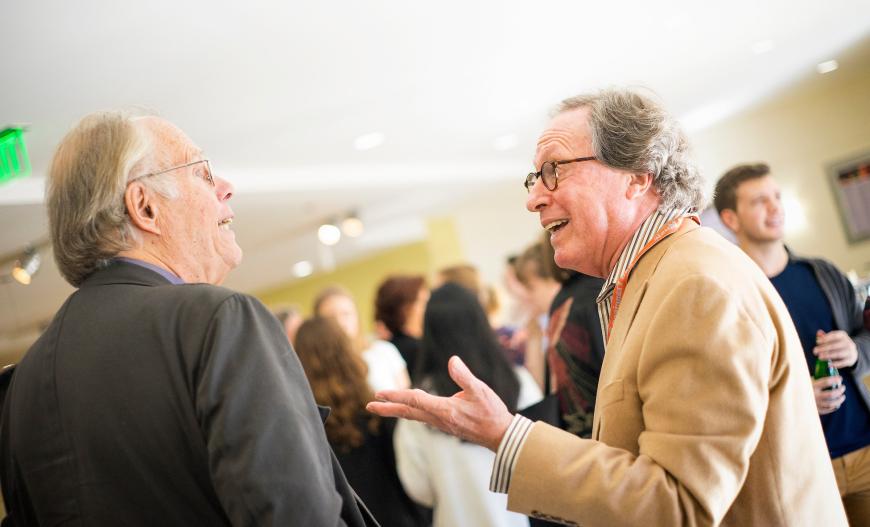
Let’s talk for a moment about the title of your memoir — Words and Music: Confessions of an Optimist. How did you come up with that?
I was thinking, “All right, let’s go ahead and come up with a good title,” and I said, “What drives my entire life? Two things: words and music.” It just came to me in a moment of a blast of pure dumb luck. Even as a publisher, I’m not a great title person, but I can’t think of a better title for it. Every time someone says, “Oh my god, what a great title — it’s you.” And that’s what it is.
The subtitle is OK. I mean, it’s really true that I am sort of almost a ridiculous optimist. People laugh at me, and I don’t care. It’s a very good reflection of who I am. When people who work with me say, “You’re like Nellie Forbush in South Pacific,” who’s the cockeyed optimist, I say, “Guilty as charged.”
What’s next for you?
Well, I have another idea for a book, but at the moment, you know, the writing. It’s very difficult to be a really good publisher, which I was, and not be in charge of the publication of the book. It’s been quite an experience for me, being on the other side of the desk. I intend to continue my work as a consulting publisher at Simon & Schuster. And I may write another book, and for your audience, you should know that that book would be on classical music.




